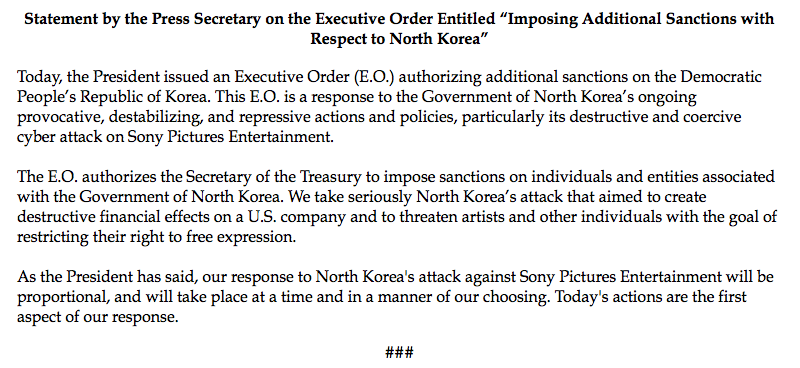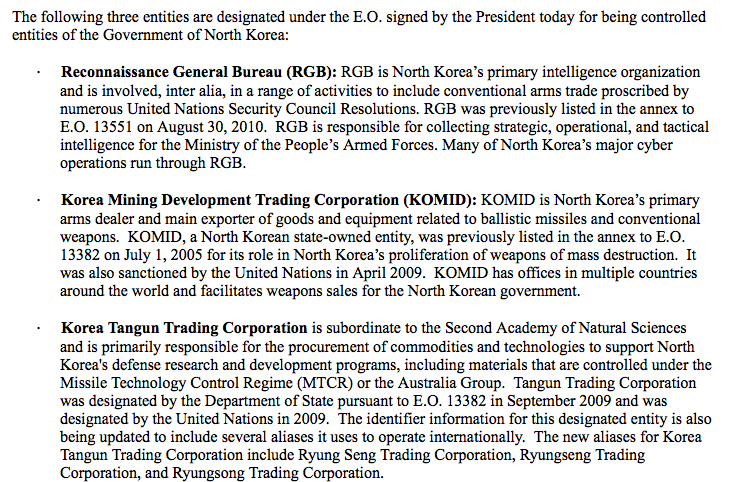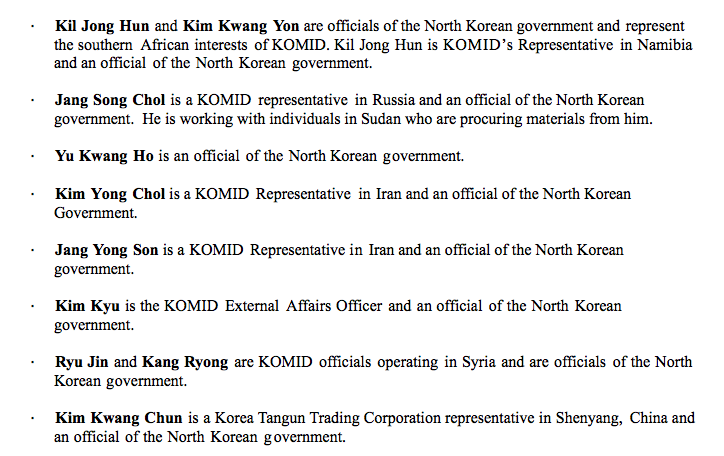The summary below translates into a few questions. Why does Secretary of State John Kerry continue to legitimize Iran and to bring the country on equal footing globally as they are a rogue nation? The next question, will the White House continue to ignore Iran’s history of terrorism?
Iran is a dangerous ‘ally’ in Syria and Iraq
At the dawn of 2015, the U.S. has yet to articulate a comprehensive foreign-policy strategy to counter the influence and territorial gains of Islamic State, the terrorist group that emerged last year — and poses a dangerous and vexing threat to stability across the Middle East and North Africa. By the Pentagon’s admission, we neither understand the underlying ideology of the merciless group nor have a grasp of all the players in the region who have aggravated the crisis.
Indeed, the fog of war seems to have muddied Iran’s role in this dark chapter of regional affairs. Is Tehran an ally or a nemesis in the fight against Islamic State? At least initially, the U.S. believed that Iran could play a constructive role in combating a mutual adversary. Secretary of State John F. Kerry, touting the age-old axiom “the enemy of my enemy is my friend,” suggested that Iran could be part of the solution.
The only trouble is that Iran is a major part of the challenges we face.
Islamic State, also known by the acronym ISIS, rose out of the sectarian conflict that exploded in Iraq in 2004, shortly after the U.S.-led occupation. Iran immediately backed Shiite Muslim militant factions with training, money, weapons and intelligence, sparking a vicious Sunni Muslim militant counter-reaction that nourished Al Qaeda and, later, ISIS. The rise to power of Nouri Maliki, an inept and corrupt Shiite prime minister with strong ties to Tehran, sealed Iraq’s fate not only as a breeding ground for Sunni extremism, but as an Iranian satellite state.
Iran now has more than 7,000 Revolutionary Guards and elite Quds Force members in Iraq, according to the National Council of Resistance of Iran, an Iranian opposition organization. The killing of Iranian military advisor Hamid Taqavi, a brigadier general in the Revolutionary Guard, in December in Samarra put an exclamation point on the scope and significance of the Revolutionary Guard’s presence in Iraq. As the most senior commander of the Quds Force to die abroad since the Iran-Iraq war ended 26 years ago, Taqavi played a key role in Tehran’s training and control of Shiite militias in Iraq.
Amnesty International has pointed to the presence of Iran’s proxy militias in Iraq as a key source of instability and sectarian conflict there. In an October report called “Absolute Impunity, Militia Rule in Iraq,” Amnesty found that the growing power of Shiite militias has contributed to a “deterioration in security and an atmosphere of lawlessness” and that the Shiites “are ruthlessly targeting Sunni civilians … under the guise of fighting terrorism, in an apparent bid to punish Sunnis for the rise of the ISIS and for its heinous crimes.”
Iranian clerics’ paranoia over domestic discontent has made meddling in regional countries, Iraq in particular, a cornerstone of Tehran’s foreign policy and survival strategy. Speaking at Taqavi’s funeral, top Iranian security official Ali Shamkhani said, “Taqavi and people like him gave their blood in Samarra so that we do not give our blood in Tehran.”
Iran’s reasons for “fighting” ISIS diverge considerably from U.S. objectives. Whereas we seek a stable and nonsectarian government in Iraq, the mullahs’ interests are best served by the ascension of a subordinate Shiite leadership, enabling them to use the neighbor to the west as a springboard for their regional hegemonic, anti-Western designs. The Iranian government sees an opening in the turmoil in Iraq for consolidating its grip on that country, weakened by the ouster of Prime Minister Maliki.
Iran’s role in the civil war in Syria is following a similar dynamic: Through its proxy Hezbollah — the Shiite Muslim political and paramilitary organization — Iran has served as Syrian President Bashar Assad’s battering ram against his people, killing and enraging Sunnis and fueling ISIS’ exponential growth.
Aiding and abetting Iran’s destructive role in Iraq or Syria would be a strategic mistake for the U.S. that only exacerbates a profound crisis. It is a dangerous irony to even consider allying with Iran — which the U.S. State Department still considers the world’s most active state sponsor of terrorism — to fight the terrorism inspired by ISIS.
Iranian opposition leader Maryam Rajavi, who is well versed in the agenda and ambitions of Tehran’s mullahs, rightly describes a potential Western alliance with Iran against ISIS as akin to “jumping from the frying pan into the fire.” The eviction of the Iranian government from the region, especially from Syria and Iraq, must be part of the U.S. strategy for countering ISIS and resolving the sectarian divides that drive extremism throughout the region, Rajavi says.
She’s right. The U.S. must think beyond ISIS to what kind of region will be left in its smoldering wake. As the U.S. weighs its policy options, any scenario that leaves Iran in control of large swaths of the region must be rejected outright.
Gen. Hugh Shelton served as the 14th chairman of the Joint Chiefs of Staff.





